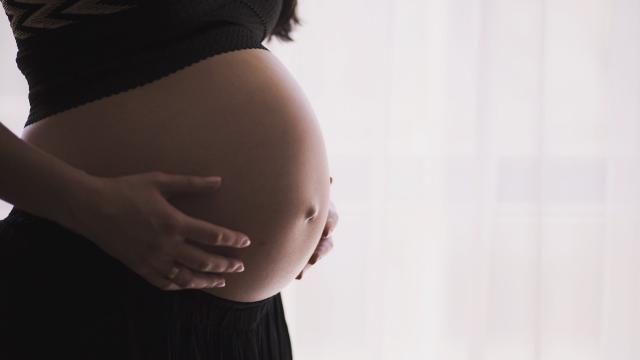Being a millennial is no picnic. But a new study published this Friday in JAMA Open suggests it’s especially hard for expectant mums. It found that pregnant women today are more likely to feel depressed than their mothers were during their pregnancies a generation ago.
Researchers looked at data from an ongoing population study in the United Kingdom that they first started in the early 1990s. The study tracked the health of newly pregnant women and eventually their children.
As some of these children reached their 20s around the 2010s, they became pregnant or, in the case of sons, fathered children with other women. That allowed the authors of this current study an opportunity to directly compare the two groups of mothers across time.
They found that 17 per cent of the 2390 pregnant women originally recruited had high levels of depressive symptoms, based on a scale commonly used to screen for depression before and after giving birth. From 2012 to 2016, 180 women in the second generation had children themselves. And of these women, 25 per cent reported high levels of depressive symptoms.
The difference between the groups held even after accounting for other known factors for depression such as body mass index, education level, or history of smoking. Comparing only direct mother-daughter pairs didn’t change the maths either.
“Using a unique data source, we present evidence that depression in young pregnant women is higher today than in the 1990s,” the authors wrote.
It’s far from the first study to suggest that young people today are more depressed than they were in past generations. But it’s hard to isolate whether this rise reflects a genuine increase in depression.
Surveys taken a generation ago might assess depression in a different way than surveys do today. Or maybe it’s only certain groups of people who are becoming more depressed but not others, and overall population surveys can fail to capture that trend (some research cited by the authors does show this rise is particularly pronounced among young women).
Relying on the same dataset, involving women who were asked about depression in the same way and at the same time in their pregnancy, might just make for a clearer comparison, the authors say.
There are still some important caveats to their research, though, not the least of which is the much smaller number of mums in the second group. Because women today are generally having children at an older age, there’s also the possibility these relatively younger mothers are more vulnerable to depression than the typical woman.
And the study still can’t tell us whether women today are more depressed than in the past or if they’re simply more willing to admit they’re depressed, thanks to a reduced stigma around mental health issues.
But if the changes are a genuine thing, then there might be any number of reasons for the rise.
“Chronic stress, sleep deprivation, eating habits, sedentary lifestyle, and the fast pace of modern life may be contributing to an increasing prevalence of depression among young people generally,” the authors wrote.
The lack of parental leave laws, inflexible work schedules, and a generally crappier economy might doubly hit pregnant working women hard too.
And the researchers even found some evidence that women who were depressed in the 1990s while pregnant can raise the risk of their daughters developing depression while pregnant themselves.
Based on their findings, the authors support increased depression screening for young pregnant women as well as greater mental health resources. These interventions, they wrote, might just “minimise the potentially far-reaching impact of depression on mothers, their children, and future generations”.
